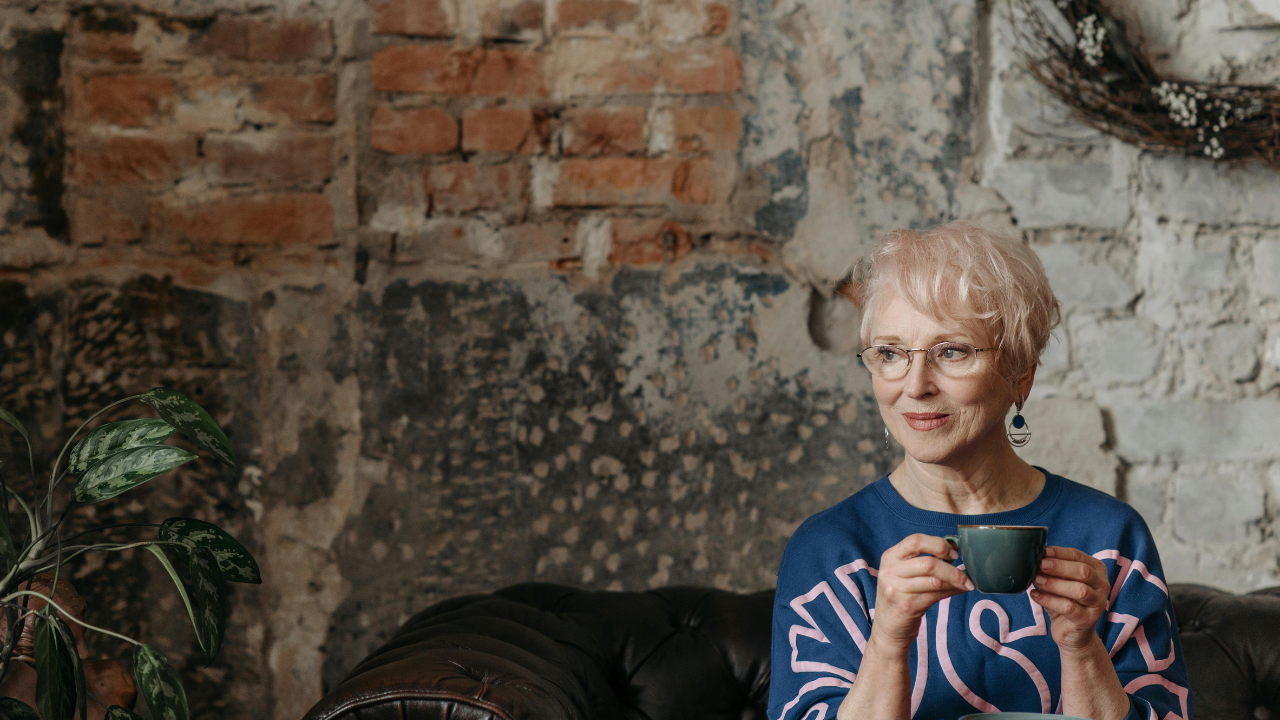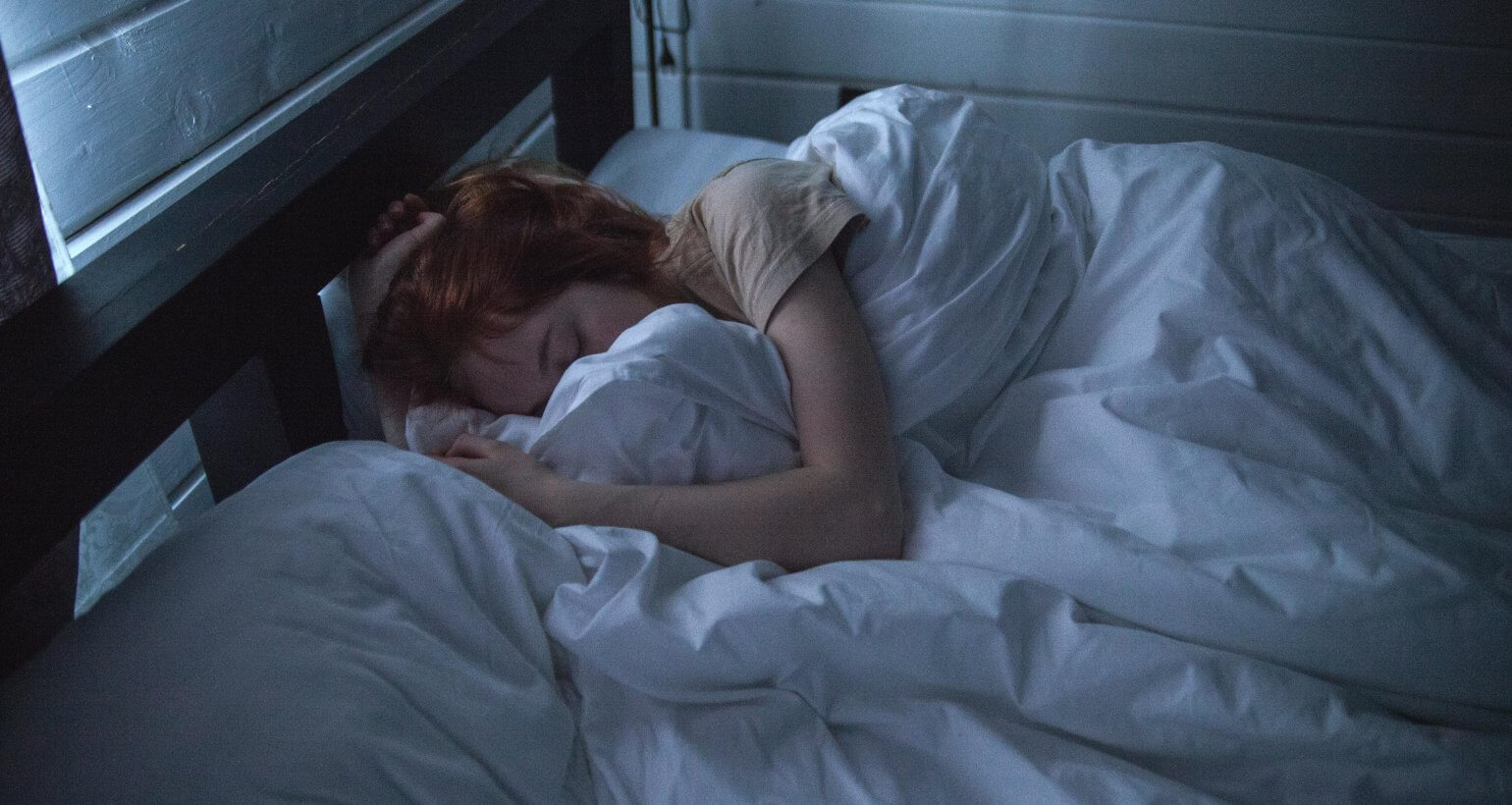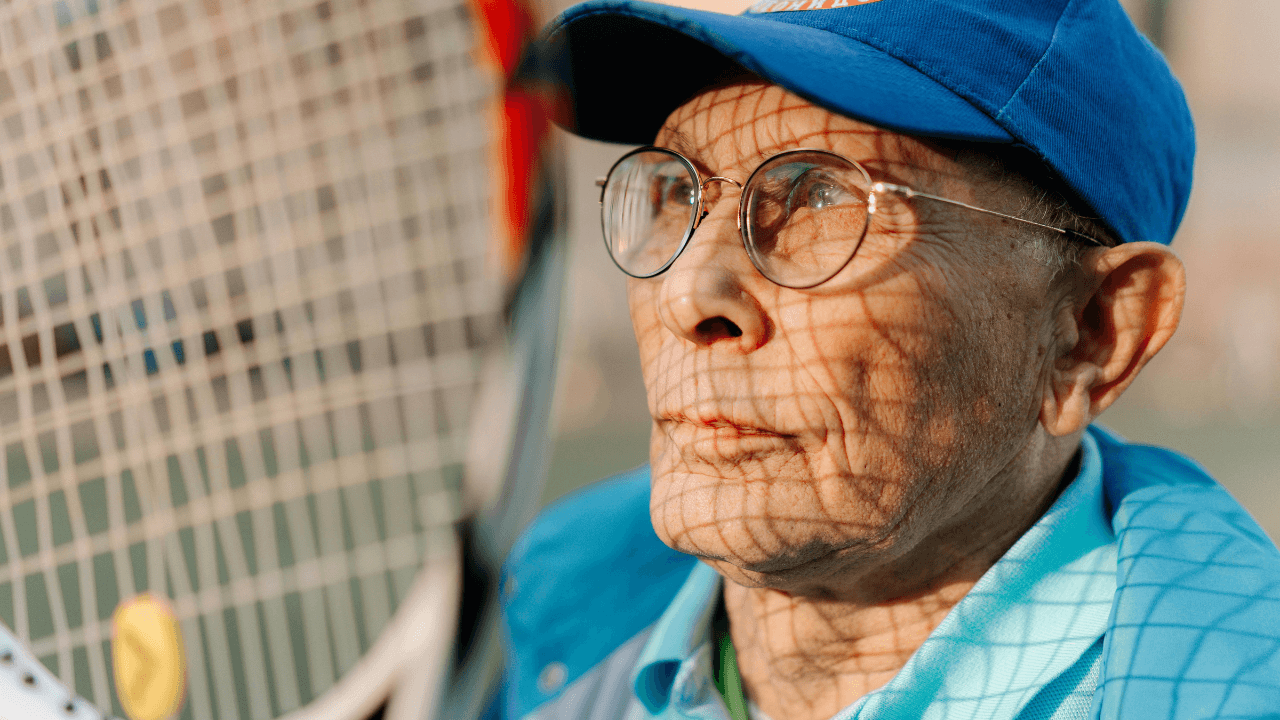Did you know that Leading Edge Senior Care has a Dementia Support Group? We meet monthly In Mesa. For more details <click here> How Dementia Changes Family Dynamics Dementia is more than just memory loss—it reshapes family relationships, disrupts communication, and creates new caregiving roles that can be overwhelming. As the disease progresses, family members often find themselves adjusting to an…










